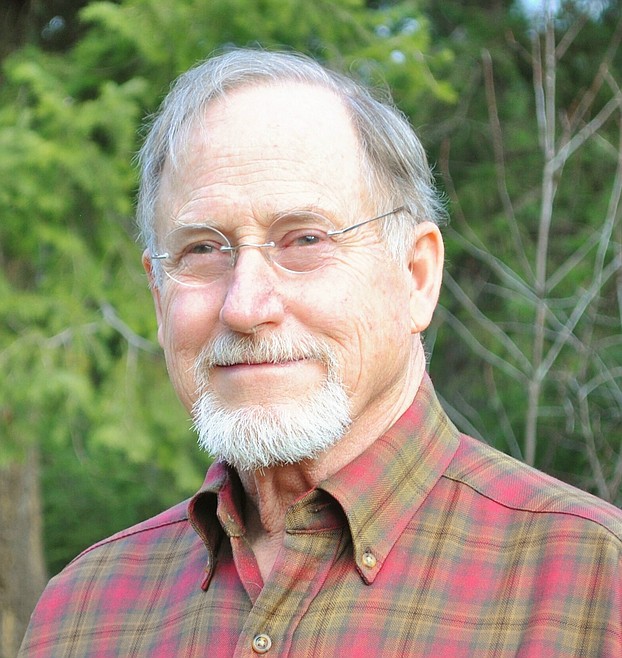Democracy is a process, not a finished product
“Welcome to the end of democracy. We are here to overthrow it completely,” said conservative activist Jack Posobiec at the February 2024 meeting of the Conservative Political Action Conference (CPAC). To which Steve Bannon, former Trump advisor said, “Amen.” (The New Republic, Feb. 23, 2024)
Well, maybe they were just kidding, but let’s pretend they weren’t. After all, America is the birthplace of modern democracy, and we’ve got a lot invested in it.
There was the Revolutionary War in which a bunch of colonial rebels took on the most powerful nation in the world with the biggest navy and a disciplined army and beat them into submission to create a new political system – a democracy. Then there was the American Civil War where Americans fought other Americans for four years so that, in Lincoln’s words: “… government of the people, by the people, for the people, shall not perish from the earth.” In that war, more American servicemen were killed than in all other wars Americans fought in – combined.
Become a Subscriber!
You have read all of your free articles this month. Select a plan below to start your subscription today.
Already a subscriber? Login



